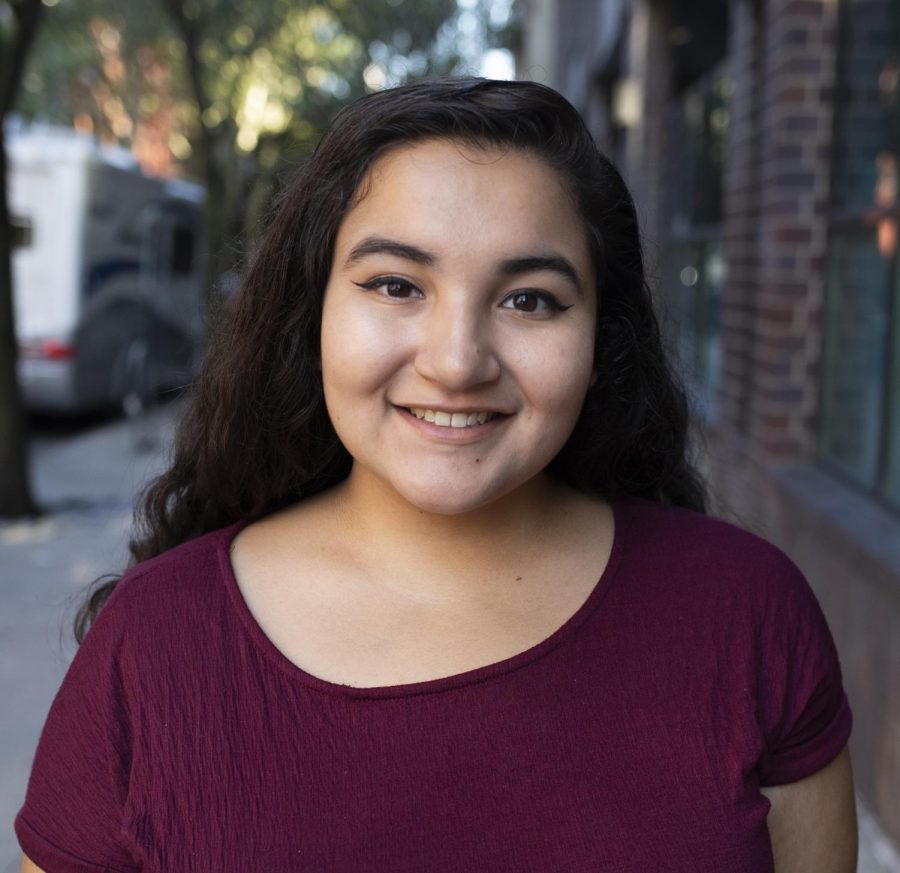When discussing journalism, most aspiring reporters at NYU picture busy newsrooms, exhausting all-nighters and endless hours of research. But what most of us might not take into consideration are the deadly consequences of our desired profession — specifically for international journalists.
Being under constant threat for the sake of getting information to the public is common for so many reporters mostly outside of the United States. This past week, Saudi journalist Jamal Khashoggi was reported to have gone missing after entering the Saudi Consulate in Istanbul, Turkey. Turkey investigators have confirmed that they have details of an assassination of Khashoggi which they believed to be ordered by Saudi leadership officials. Mohammad bin Salman, the crown prince, has denied these allegations. Before his disappearance, however, Khashoggi was known for his criticism of the government — and many other critics have been jailed after speaking against the Saudi government.
Khashoggi isn’t the only journalist to have made international headlines due to a tragedy. Last week, Bulgarian journalist Viktoria Marinova was raped and murdered. Although investigators have said there is currently no proof that her murder was related to her profession, Marinova was a reporter from a country that Reporters Without Borders ranks as 111th out of 180 countries in terms of press freedom. Khashoggi’s disappearance has been receiving more press coverage from prominent media outlets here in the United States than Marinova’s, which is most likely attributed to his affiliation with the Washington Post.
Freedom of the press goes hand-in-hand with being from the United States. It is a mantra that this country has made itself famous for, one that other countries with a lack of freedom aspire to and one which we are all too comfortable with taking for granted. Ranked 45th on press freedom by RSF, we are only reminded of its very fragile state when anti-media figures such as Trump directly threaten our profession.
That’s not to say that reporting isn’t a danger here as well. Since the beginning of journalism in the U.S., nearly 40 journalists’ deaths have been documented. This past summer, Maryland newspaper The Capital suffered a mass shooting that resulted in four journalists losing their lives. Several people in the industry will forever have the image of two U.S. journalists being murdered on live television in 2015 burned into their minds. But when these deaths of Americans occur, they tend to stay on our minds for weeks and we process what happened together. In cases such as Marinova’s though, this isn’t a guarantee.
Worldwide, 44 journalists have been murdered this year alone.. More than 1,300 reporters have been killed since 1992. Yet I cannot remember discussing a single one of these victims in any of my journalism courses until Khashoggi began to make headlines last week. This same issue came to light while I was abroad last year. My journalism professor in Argentina led class discussions on the murder of Jefferson Puresa Lopes, a prominent Brazilian journalist whose death made several headlines throughout Latin America. Once I came back to the U.S., not a single person who I mentioned this murder to knew what I was talking about. Something that had been so vital in my semester in Latin America was suddenly insignificant, even though the drastic importance of the situation hadn’t changed — only my location.
It’s important now more than ever for U.S. journalists to acknowledge the life-threatening aspects of reporting. Journalists are constantly under attack. President Donald Trump has verbally attacked the profession time and time again, going so far as to say that we are an enemy of the people. We are taught in our classes about the dangers of becoming reporters and how common threats against the profession are — but a lack of focus in how this is even more dangerous for journalists abroad allows us to become complacent with these threats.
As students enrolled in a prestigious university with famous journalists for professors and access to endless resources, we have a responsibility to consistently and rigorously pay attention to these deaths. For the sake of our profession and our allies around the world, we must acknowledge our duties as a country with freedom of the press and not let ourselves forget the very reason we became journalists: to keep the public informed.
Opinions expressed on the editorial pages are not necessarily those of WSN, and our publication of opinions is not an endorsement of them.
Email Melanie Pineda at [email protected].


























































































































































